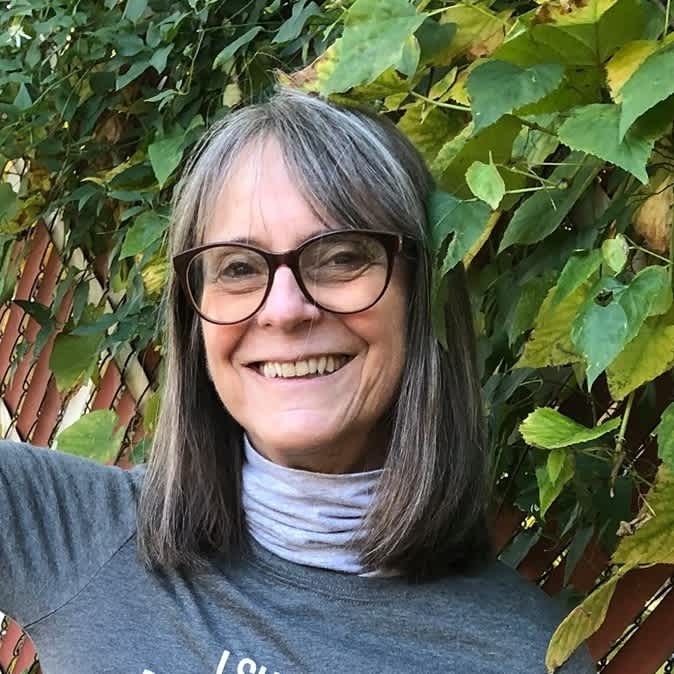Why I hate the Kentucky Derby
Take the Pledge in Solidarity with African People!
by Penny Hess, Chair of the African People’s Solidarity Committee
This article was originally published on May 6 of 2012.
The Kentucky Derby probably means nothing more to you than a vague horse racing event reported on national news stations on the first Saturday of every May.
But I grew up near Louisville, and the Kentucky Derby is somehow implanted in my consciousness. It’s on my radar, unfortunately.
Because I truly detest this archaic institution of white power. The Kentucky Derby upholds the days of Kentucky and southern plantation life, the system of the slave master and the enslaved, the system that is the foundation of Kentucky’s wealth and indeed the wealth of the US today.
When the horses are led on to the track the song “My Old Kentucky Home,” is blasted over the loudspeakers. It’s a song that glorifies the plantation in the summer when the enslaved Africans are supposedly happy and “gay,” as the white people sit on the veranda sipping their mint juleps being served by their chattel.
During the Black Power Movement of the 1960s the state of Kentucky was forced to change the song’s offensive word “darkie” for “people.” But the meaning of the song is still clear.
The reality is of course that enslaved African people in Kentucky were terrorized, traumatized, and brutalized in every possible way.
Kentucky was just like all the rest of the South. African families were ripped apart, women and children were raped and sexually abused, resisters were branded with a hot iron or tortured in other ways both physically and spiritually. African people were demeaned and beaten.
It was the chilling reality of human beings torn from their homeland and civilization and culture and turned into the property of someone else who had the power of life and death over them.
But what makes Kentucky stand out for its naked terrorism against African people is the fact that it was a slave breeding state. African people were kept in pens like animals to produce children who were Kentucky’s top commodity, the state’s biggest crop and largest source of revenue, sold on the open market.
The historian E. Franklin Frazier, in his book The Negro Family, stated that “there were masters who, without any regard for the preferences of their slaves, mated their human chattel as they did their stock.” Ex-slave Maggie Stenhouse remarked, “During slavery there were stockmen. They were weighed and tested. A man would rent the stockman and put him in a room with some young women he wanted to raise children from.”
I was in Kentucky last year and took these photos of a plaque commemorating “Garrison’s Slave Pens” in downtown Louisville near the bridge.
As a white person organized under the leadership of the African-led Uhuru Movement, I hope you will join us in rejecting the celebration of white power and the system of chattel slavery that gave us opportunity and prosperity for the past several hundred years.
White terror of the past didn’t “just go away.” It’s still simmering there and it’s consequences are experienced in the terror and suffering of African people in the U.S. today.
Our whole history is right there just under the surface being unearthed by the rising movements of African, Indigenous and oppressed peoples around the world. Scratch that surface and the truth comes out.
There’s even the fact that Sanford, FL where Trayvon Martin was killed a few months ago was founded by Henry Shelton Sanford, who was a friend of King Leopold of Belgium, the European terrorist who forced the entire region of the Congo (which is larger than the U.S.) to become his private rubber plantation.
Leopold was the perpetrator of genocide against 10 million Africans. He cut off of the hands and otherwise mutilated countless millions more.
Sanford was Leopold’s lobbyist who won support from the U.S. government for Leopold’s rubber plantations in Congo. At some point Sanford bought orange groves in Florida that became Sanford FL.
The truth is all still there waiting to be opened up, waiting for responsibility to be taken, reparations to be paid, justice to be won.
I urge you to join me in taking the Pledge of Solidarity with African People. Take responsibility to right the historic wrong and stand in solidarity with African and oppressed people everywhere.
A system resting on the backs of the majority of humanity is not sustainable.

Join in material solidarity with Black Power and African liberation!
Join the Uhuru Solidarity Movement today @ uhurusolidarity.org/join-usm/
#whitesolidaritywithBlackPower
#whitereparationstoAfricanPeople
#UnityThroughReparations



